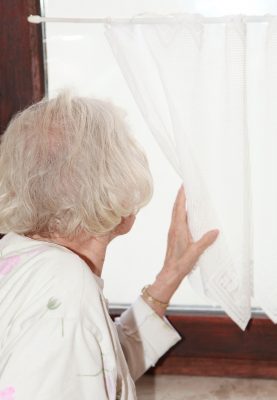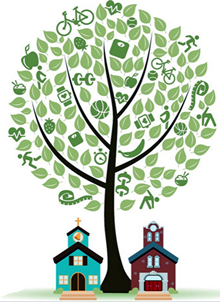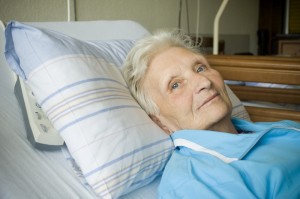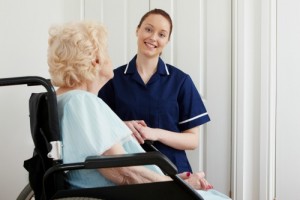
Promoting quality of life is an essential component for any successful aging services organization. Many things impair quality of life, but most impactful is loneliness- which I think is one of the most challenging issues to addres
The effects of loneliness amongst the elderly are well documented. Without a doubt, it is an issue that deserves attention from aging services leaders.
Create New Connections
Jamie Ducharme cites research that indicates meaningful social contact and forming relationships is the best anecdote for loneliness.
To that end, I came across a Ted Talk from an extraordinary young man. His simple, cost-effective idea for combating loneliness is to take letter writing to a new level.
Imagine the impact on a resident who receives a real-snail-mail letter every day! Knowing that someone cares is a powerful antidote for loneliness.
Our employees, neighborhood churches, fire department personnel, students, senior center members all might be willing to become letter-writing partners. It is such a lovely way to help someone feel special and less alone.
Deepen Existing Relationships
Research reveals that often times, nursing assistants perceive tacit messages from management not get too attached to residents. Therefore, perceived or real, let’s start working on building deeper bonds.
Creating a culture that supports deep and meaningful relationships between residents and caregivers helps to combat loneliness. In addition, it improves trust between residents and caregivers.
By no means is this a simple issue, but we can begin by understanding the barriers that prevent deeper caregiving relationships and create opportunities for our employees to more deeply connect with residents. As a result, it may help to chip away at the feelings of loneliness for our residents. Additionally, it could improve the quality of the work experience for employees.
By creative programming and inspiring deeper caregiving relationships, we may be able to make some inroads in curtailing loneliness and improving quality of life.
 Julie has worked in Aging Services for over 30 years and has been a Licensed Nursing Home Administrator since 1990. She is a Certified Master Trainer with the AGE-u-cate Training Institute. Through her company Enlighten Eldercare, she provides training and educational programs on elder caregiving to private and professional caregivers. She is an instructor and the Interim Director of Gerontology at Northern Illinois University and lives in the Chicago Northwest Suburb of Mount Prospect, IL.
Julie has worked in Aging Services for over 30 years and has been a Licensed Nursing Home Administrator since 1990. She is a Certified Master Trainer with the AGE-u-cate Training Institute. Through her company Enlighten Eldercare, she provides training and educational programs on elder caregiving to private and professional caregivers. She is an instructor and the Interim Director of Gerontology at Northern Illinois University and lives in the Chicago Northwest Suburb of Mount Prospect, IL.

 Beth is a Certified Master Trainer with the
Beth is a Certified Master Trainer with the 
